BrainWeb
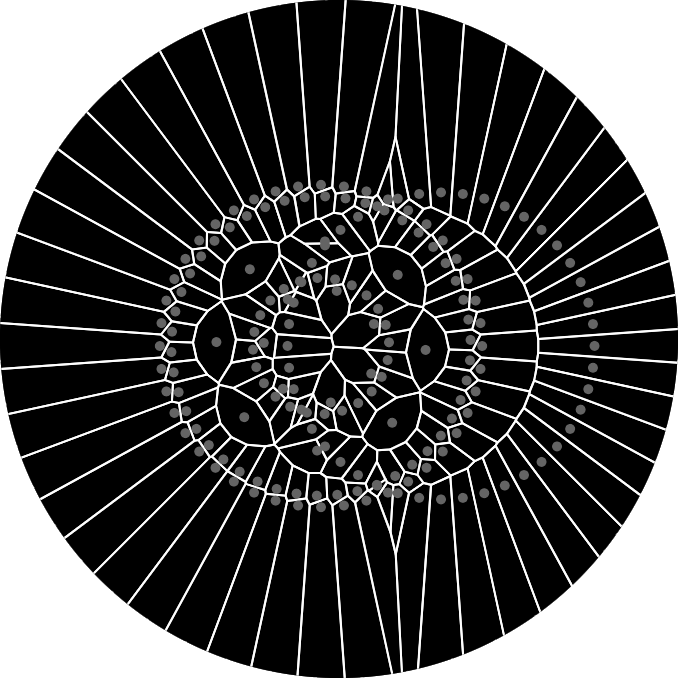
The BrainWeb
BrainWeb is a permanent virtual space for online collaborations on projects related to neuroscience. Inspired by initiatives such as Brainhack Global, BrainWeb aims at providing an online
workspace to facilitate distributed collaboration on a continuous basis.
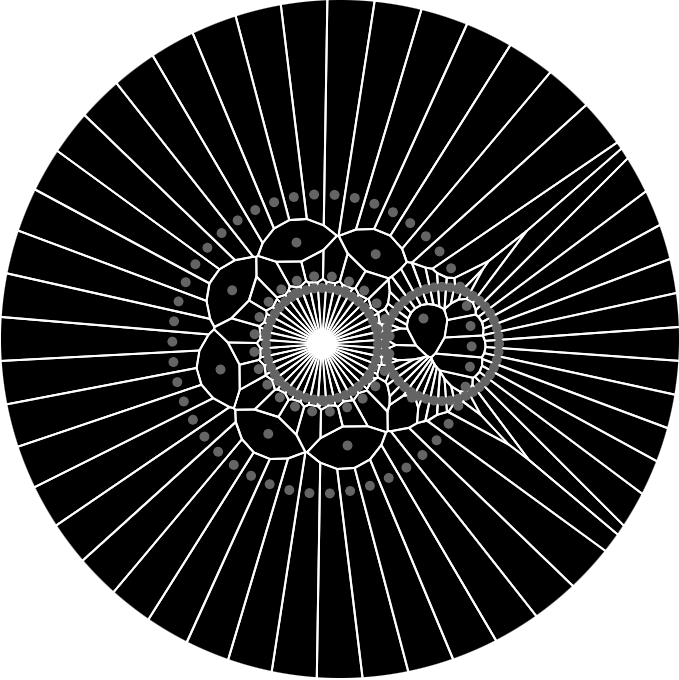
Online collaboration
We catch up online every 6 weeks: This is our regular opportunity to chat, present our progress, do spontaneous unconferences or kick off new projects and collaborations.
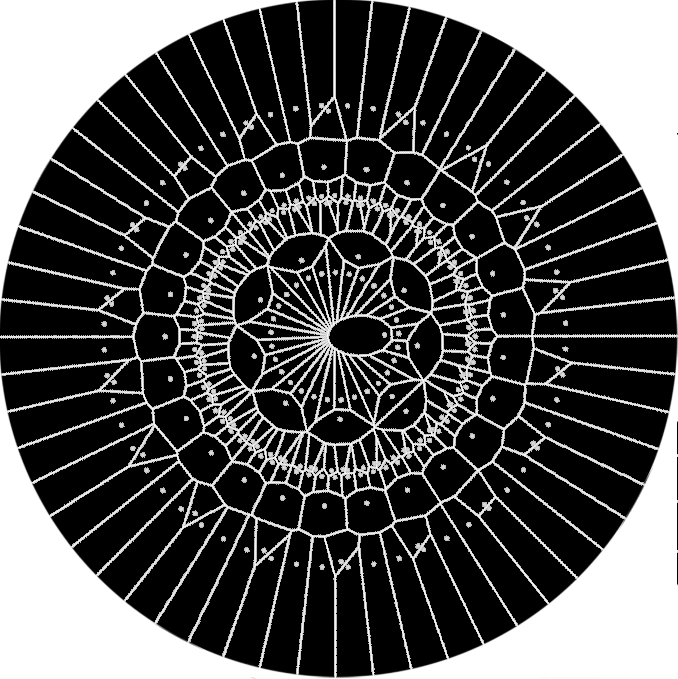
Propose a project
Before, during, and after the BrainWeb hackathons we will keep track of all BrainWeb projects. All you need to do to add your project to the BrainWeb community is to create a repository on GitHub and to add “BrainWeb” as a topic.
During our meetings, you are invited to pitch your project, find collaborators, break out into smaller meetings in parallel, and continue to work in teams after the online BrainWeb meeting.
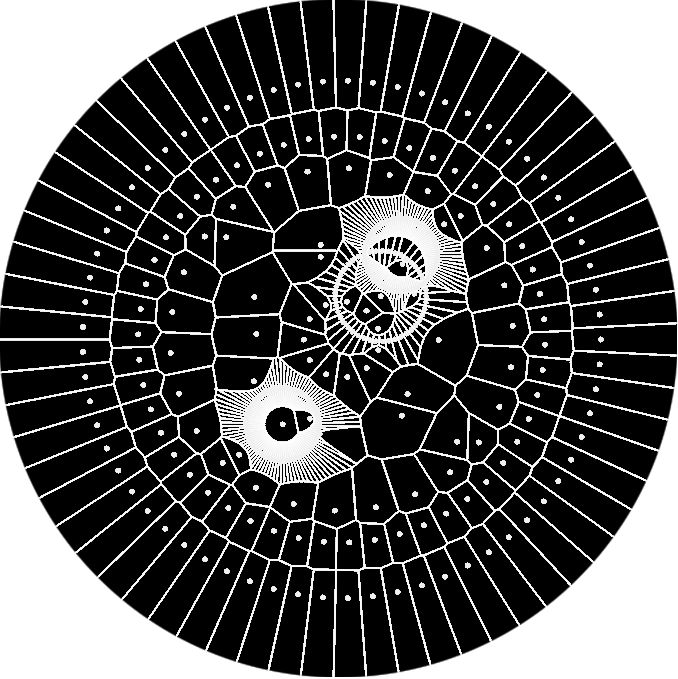
Communication
While we all meet in the videoconference space, you can also create your own, more focused videoconference room to discuss & brainstorm in parallel. You will be able to find the
list of all simultaneous project rooms in our shared Google Doc below.
We also encourage you to create a channel on Brainhack’s Mattermost , to keep track of your progress and collaborate in between BrainWeb meetings. This will also make it easier for new collaborators to learn about what your team has already achieved.
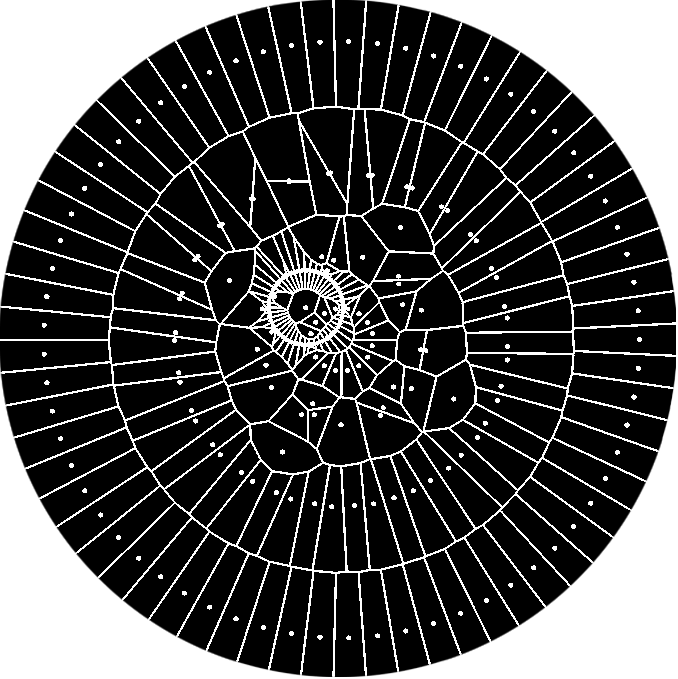
Format
The BrainWeb Series will host an invited speaker every month aiming at lively discussions and creating interconnections beyond our labs between topics of our interest around evolution, development, philosophy, art, physics, computational geometry, computational neuroscience, neuroinformatics, and more!
The BrainWeb Catch up will be our regular opportunity to chat, present our progress if you wish, do spontaneous unconferences or kick off new projects and collaborations.
The BrainWeb Hackathons will combine project pitches as a start into 3 days of hacking together, unconferencing, coffee chats and a peek into project progress. At the end of the 3 days, each team is invited to share updates on their projects with the entire community!
Let's work together no matter where we are!

